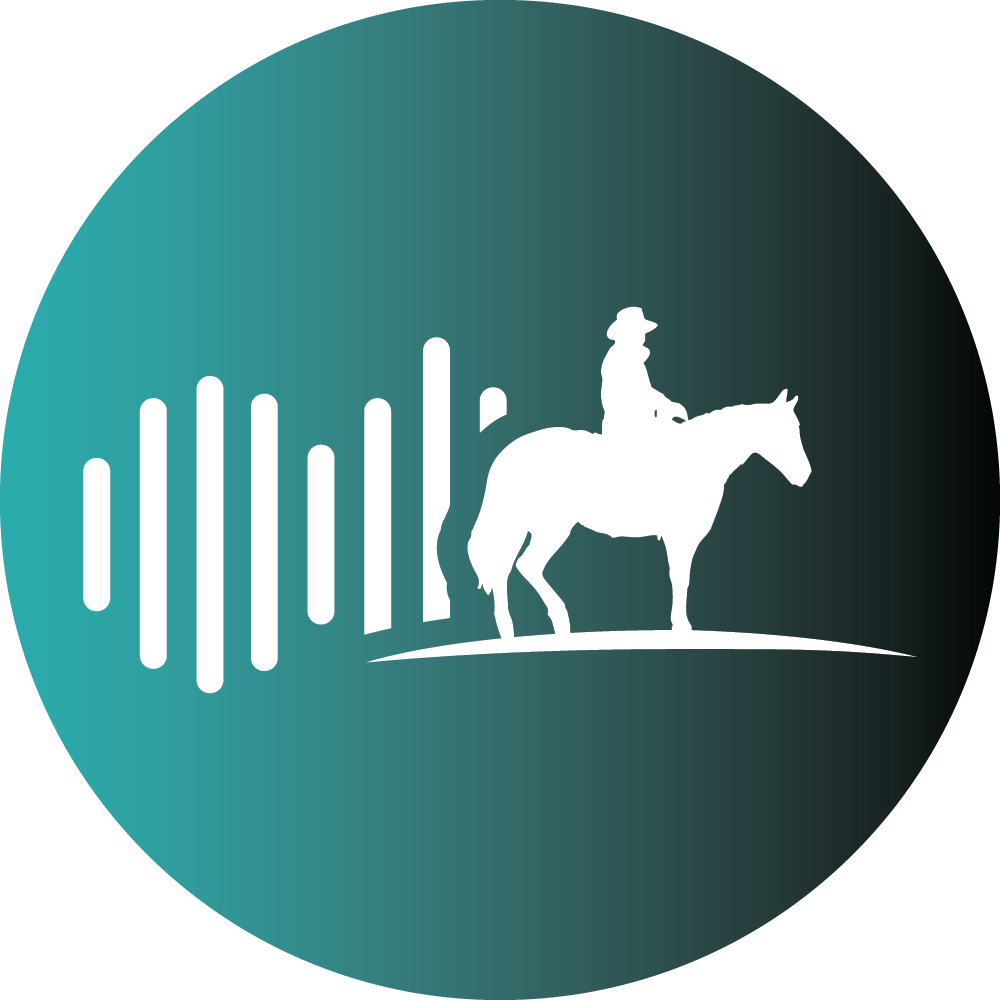By Todd Wilkinson EBS Environmental Columnist

For many years now, the common refrain from Washington is that government needs to be run more like private sector businesses—not spending more than it earns; doing more with less; pursuing decision-making in faster, better and cheaper ways.
Who could argue with such sensible reasoning? And it might be possible, if only the analogy wasn’t, as they say, comparing apples to oranges.
The U.S. military, for instance, does not take in more than it spends, nor were public lands established only to be short-term profit centers, for there’s no way to account for the intrinsic worth of an elk migration corridor, the existence value of a grizzly bear, the awe of witnessing Old Faithful erupt or hearing the thunder of the Grand Canyon of the Yellowstone.
Yet preserving those natural things above, without monetizing them in the usual way, is a source for commerce.
Like the above, there isn’t a calculated formula either for adequately ledger-sheeting the value of dedicated federal employees who serve the interests of this country wearing all manner of uniforms.
Here are a couple of salient fact as the partial government shutdown reaches nearly a month long as of this writing: Today, a lot of people—civil servants—in the Greater Yellowstone Ecosystem are on furlough, owed to politics, certainly not because of any reason that would make sense were government agencies operated like private companies.
These employees, who are the human capital that holds together the remarkable, interconnected infrastructure of our region were already—prior to this mess—overworked, underpaid, under-resourced, under-appreciated, and treated as second-class laborers.
They aren’t not working because they choose to; they’re not happy that our national parks and forests and wildlife refuges aren’t operational. Most love what they do; it’s the sense of higher purpose that leaves them committed even when there aren’t a lot of good incentives or praise offered in return.
How lucky private businesses would feel to have workers like them.
The closure of government has ignited fascinating exchanges. Just this week on social media, I encountered a person who said, “Shut the government down, we don’t need the feds.”
This individual said citizens, such as farmers and ranchers, should be left to live their lives alone, free of government interference, regulations and hassle. The federal government, he said, is a tyrannical burden on freedom and liberty.
What’s ironic is that we live in the interior West, whose infrastructure and services are heavily subsidized by the federal government—and there’s no way the states could afford to do what the feds provide.
I reminded him that people who grow our food would beg to differ with his conclusion that federal aid, is, like federal employees, “non-essential.” Mom and pop agrarians are not only worried about getting the subsidies their businesses and families rely on to survive, but many are hurting from the tariffs affecting markets for their crops.
I shared this passage written by an analyst, “The federal government spends more than $20 billion a year on subsidies for farm businesses. About 39 percent of the nation’s 2.1 million farms receive subsidies, with the lion’s share of the handouts going to the largest producers of corn, soybeans, wheat, cotton, and rice.”
The author went on, “The government protects farmers against fluctuations in prices, revenues, and yields. It subsidizes their conservation efforts, insurance coverage, marketing, export sales, research, and other activities. Federal aid for crop farmers is deep and comprehensive.”
Was this critique the opinion of a clueless liberal? No, it came from Chris Edwards, director of tax policy studies at the conservative Cato Institute on a website it manages called “Downsizing the Government: Your Guide to Cutting Federal Spending.” (downsizinggovernment.org/about)
Indeed, there are two ways to reduce federal spending: One is shut the government down. The second, as Cato suggests, is to eliminate federal funding for a wide range of subsidized services. Many, however, happen to be the foundation for private-sector commerce.
Call those federal programs socialism if you like, but do conservatives and liberals really want to make the federal financial support system fueling American-style capitalism go away?
The federal government is the largest single employer in Wyoming, Montana and Idaho.
Besides thousands upon thousands of government jobs in our states—including those in the military—and their salaries that trickle throughout our local economies, and the contributions these employees provide, serving as volunteers in schools, coaches on youth sports teams, and other community activities, federal investment returns dividends in myriad other ways.
Every year, between Yellowstone and Grand Teton national parks alone, more than $1 billion in nature-tourism dollars are generated for the regional economy. Yellowstone’s projected operating budget for 2019 is just shy of $37 million, with Grand Teton’s around $15 million. Their mere presence is a powerful engine for secondary job creation too.
Were those parks private sector investment, they would be praised for delivering blockbuster results, making anyone who claims it’s a wise, shrewd decision to shut government down look foolhardy.
Why are we punishing federal employees for doing things that benefit America?
Todd Wilkinson is founder of Bozeman-based Mountain Journal (mountainjournal.org) devoted to protecting the Greater Yellowstone Ecosystem and a correspondent for National Geographic. He also is author of “Grizzlies of Pilgrim Creek” about famous Jackson Hole grizzly bear 399 available only at mangelsen.com/grizzly.













